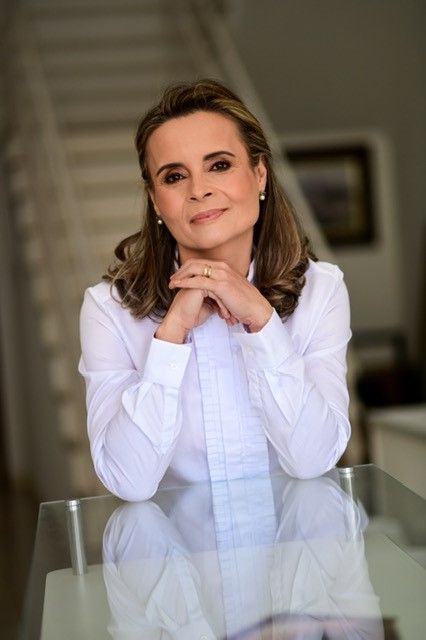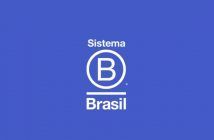Cláudia was the marketing and sustainability director at Nespresso, worked at Nestlé for 25 years and has just founded a sustainability consultancy, Hilo Estratégia e Proposta, whose focuses are lectures, executive mentoring and consultancy. She is also a certified counselor.
“Today, we are at a time when Sustainability is a differential. But also, this is a time of great untruths. One hears a lot about facade ESG. I see green washing, I see pink washing, a lot of people there using a pink label, and we know that, in fact, it is much more a commercial strategy than actually making a difference in the lives of women. There is also the so-called rainbow washing (lgbtqia+).”
“There is a lot of confusion between Sustainability and ESG. Sustainability is a long-term, systemic, transformative vision. And ESG is a capital market perspective, focused on risk, business impact, but it won’t necessarily solve problems. Keep in mind that only in the definition do we have different perspectives and this mixture of what has to be.”

“I believe that associations can support the dissemination of knowledge, engagement for the agenda. It is a new way of doing business. There are producers who continue to think that sustainability is not a relevant issue, they do not know how far they should go with the business making a profit, without worrying about being sustainable. But if a complaint appears, then things get ugly for everyone. They question when there is bad exposure in the media, but then it is too late. Many seem to be rooting for things to go wrong. But I remember that if it goes bad for one, it will go bad for everyone. Associations can help by showing the practical way, but each company needs to do its part. And the association has to bring these associates together.”
“I don’t think an association has to have its own certification, and I see some going along that line. I don’t think it’s their territory. I know they make money from this, but I think the association has no legitimacy to certify sustainability. There is a clear conflict of interest, as it has to be independent. Otherwise, I’m talking from inside the bubble, from the same family, and what value does that have? It has to be an independent certification.”
“What do associations do well? They give representativeness, union to the sector, defend the sector, disclosing good actions.”
“What do they do wrong? They connect little to the outside. They work like a small club; they have to open up to new exchanges. I don’t just need to talk to the agro to learn about sustainability. They close themselves off a lot. They need to listen to other sectors of society, such as services, technology, actions that they can inspire. They also apply the maxim of only communicating something good; they also need to speak up when something is not going well, taking the pulse of the narrative.”
“The big issue now is carbon credit and it is necessary to prepare the associates on this topic, regardless of their association. It is unavoidable, and it is necessary to talk to everyone. We are already very late. The associations must have an international agenda on the subject.”



